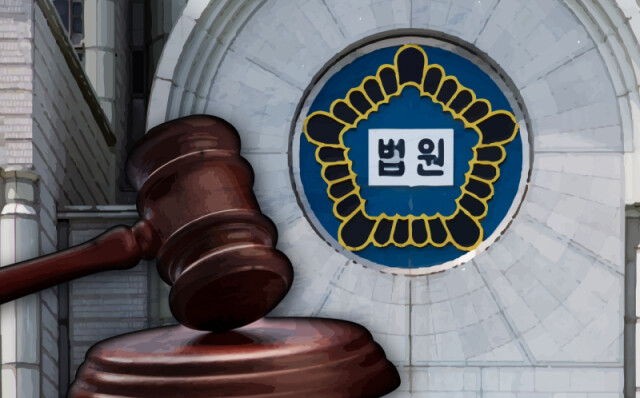
Seoul, South Korea – The Supreme Court of Korea has overturned a lower court ruling that found a high school teacher guilty of violating the Personal Information Protection Act. The teacher, identified only as Mr. A, was accused of contacting a student after obtaining her personal information during the college entrance exam (Suneung) invigilation.
Case Background
Mr. A was working as a proctor at a Suneung exam site in November 2018. He obtained a student's contact information from her application form and sent her messages via KakaoTalk, including one that said he "liked her." The student, identified as Ms. B, reported the incident, and Mr. A was charged with violating the Personal Information Protection Act.
Legal Dispute
The central issue in the case was whether Mr. A could be considered a "person who received personal information from a personal information processor" under Article 19 of the Act. This article prohibits such individuals from using personal information for purposes other than those for which it was provided.
Court Rulings
Trial Court: Found Mr. A not guilty, stating he was merely a "personal information handler" and not someone who received personal information from a processor.
Appellate Court: Overturned the trial court's decision, finding Mr. A guilty and sentencing him to four months in prison, suspended for one year.
Supreme Court: Overturned the appellate court's decision, agreeing with the trial court that Mr. A was a "personal information handler" and not a "person who received personal information."
Supreme Court Reasoning
The Supreme Court clarified that a "person who received personal information" refers to someone who has been given the authority to manage and use personal information. Mr. A, as a proctor, was acting under the supervision of the Seoul Metropolitan Office of Education and did not have such authority. He was therefore considered a "personal information handler" and not subject to the provisions of Article 19 of the Act.
Implications
This ruling highlights the importance of understanding the specific definitions and distinctions within the Personal Information Protection Act. It also raises questions about the adequacy of current laws in addressing the misuse of personal information in situations like this.
[Copyright (c) Global Economic Times. All Rights Reserved.]



























